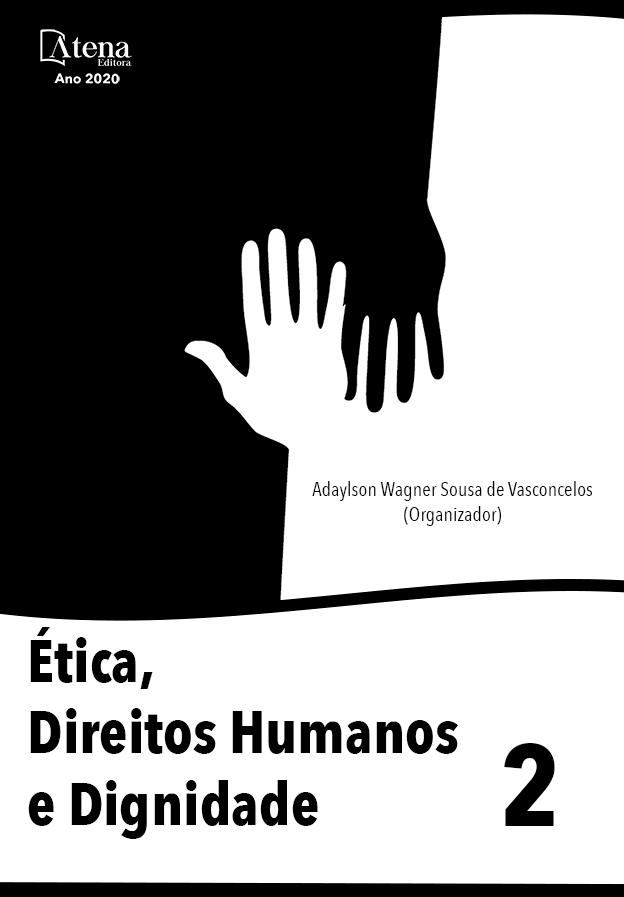
OS DESAFIOS DA OFERTA DE EDUCAÇÃO NO SISTEMA PENITENCIÁRIO POTIGUAR
O objetivo do artigo é analisar a implementação da educação nas prisões e da remição de pena pelo poder executivo estadual. A coleta de dados aconteceu na Região Metropolitana de Natal/RN, observando a realidade das penitenciárias circunscrita nesse território. As contribuições da teoria de Instrumentos de Ação Pública (Lascoumes e Le Galès, 2012) foram utilizados para compreender as interações político-administrativas da oferta de educação para pessoas privadas de liberdade. A redução da pena e as práticas educacionais aparecem como alternativas democráticas para lidar com a gestão dos serviços penais/penitenciários. Os resultados apontaram para oferta insuficiente de educação nas prisões na Região Metropolitana de Natal pela falta de prioridade dos gestores estaduais, financiamento e políticas federais insuficientes, predominância de discursos sociais que banalizam a violência que acontecem nas penitenciárias, além da falta de ferramentas estratégicas para atuação intersetorial e, principalmente, pelas consequências físicas da superlotação nas penitenciárias potiguares.
OS DESAFIOS DA OFERTA DE EDUCAÇÃO NO SISTEMA PENITENCIÁRIO POTIGUAR
-
DOI: 10.22533/at.ed.11520230913
-
Palavras-chave: políticas penais, intersetorialidade, Educação em prisões, remição de Pena
-
Keywords: penal policies, intersectionality, Education in prisons, Remission of Penalty
-
Abstract:
The purpose of the article is to analyze the implementation of education in prisons and the remission of sentences by the state executive branch. The data collection took place in the Metropolitan Region of Natal / RN, observing the reality of the penitentiaries confined in that territory. The contributions of the Instruments of Public Action theory (Lascoumes e Le Galès, 2012) were used to understand the political-administrative interactions of the provision of education for people deprived of their liberty. Penalty reduction and educational practices appear as democratic alternatives to deal with the management of penal / penitentiary services. The results pointed to an insufficient supply of education in prisons in the Metropolitan Region of Natal due to the lack of priority of state managers, insufficient funding and federal policies, predominance of social discourses that trivialize the violence that happens in penitentiaries, in addition to the lack of strategic tools for action intersectorial and, mainly, for the physical consequences of Rio Grande do Norte overcrowded penitential system.
-
Número de páginas: 15
- Tainá Porto Cotrim


